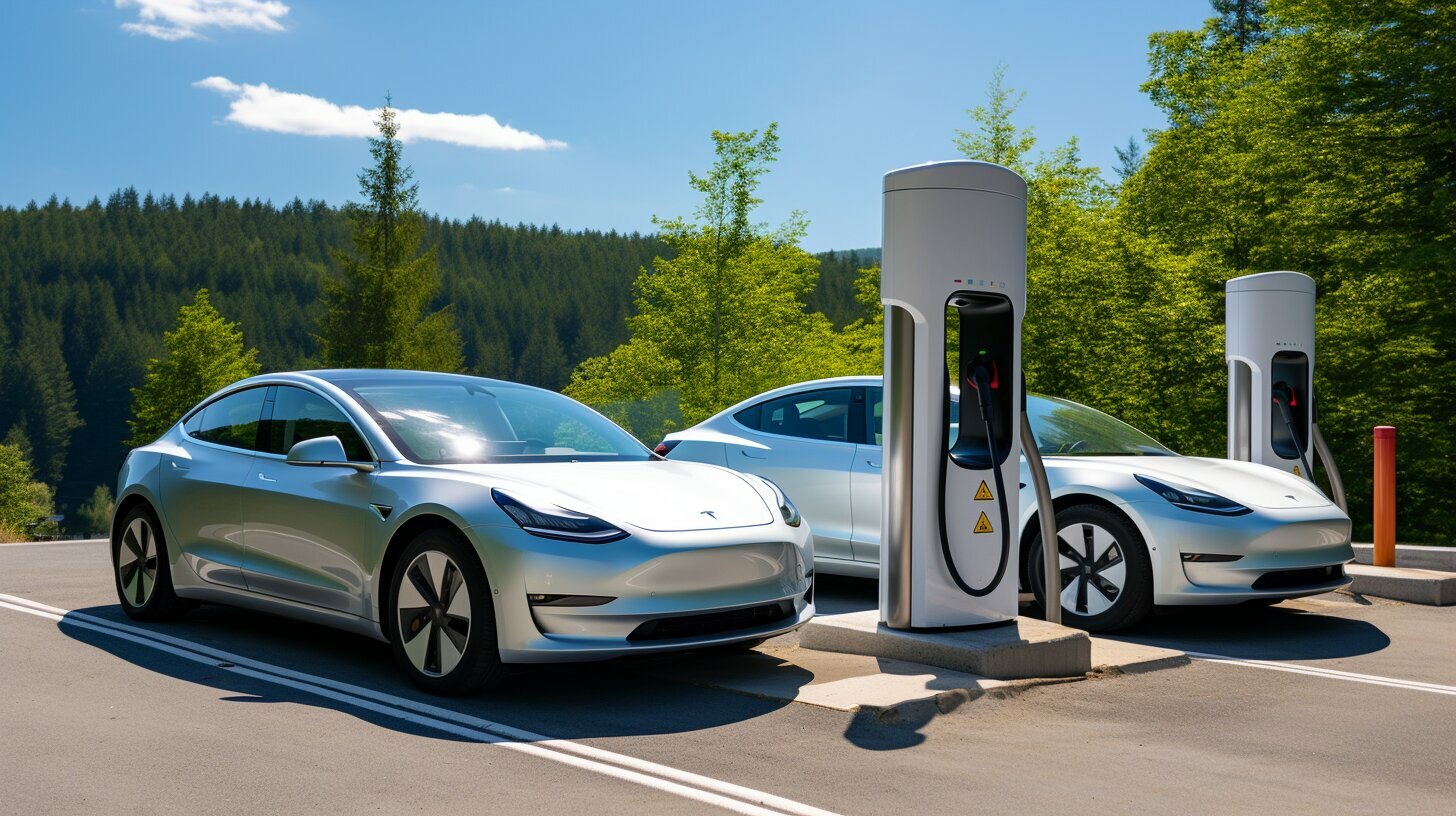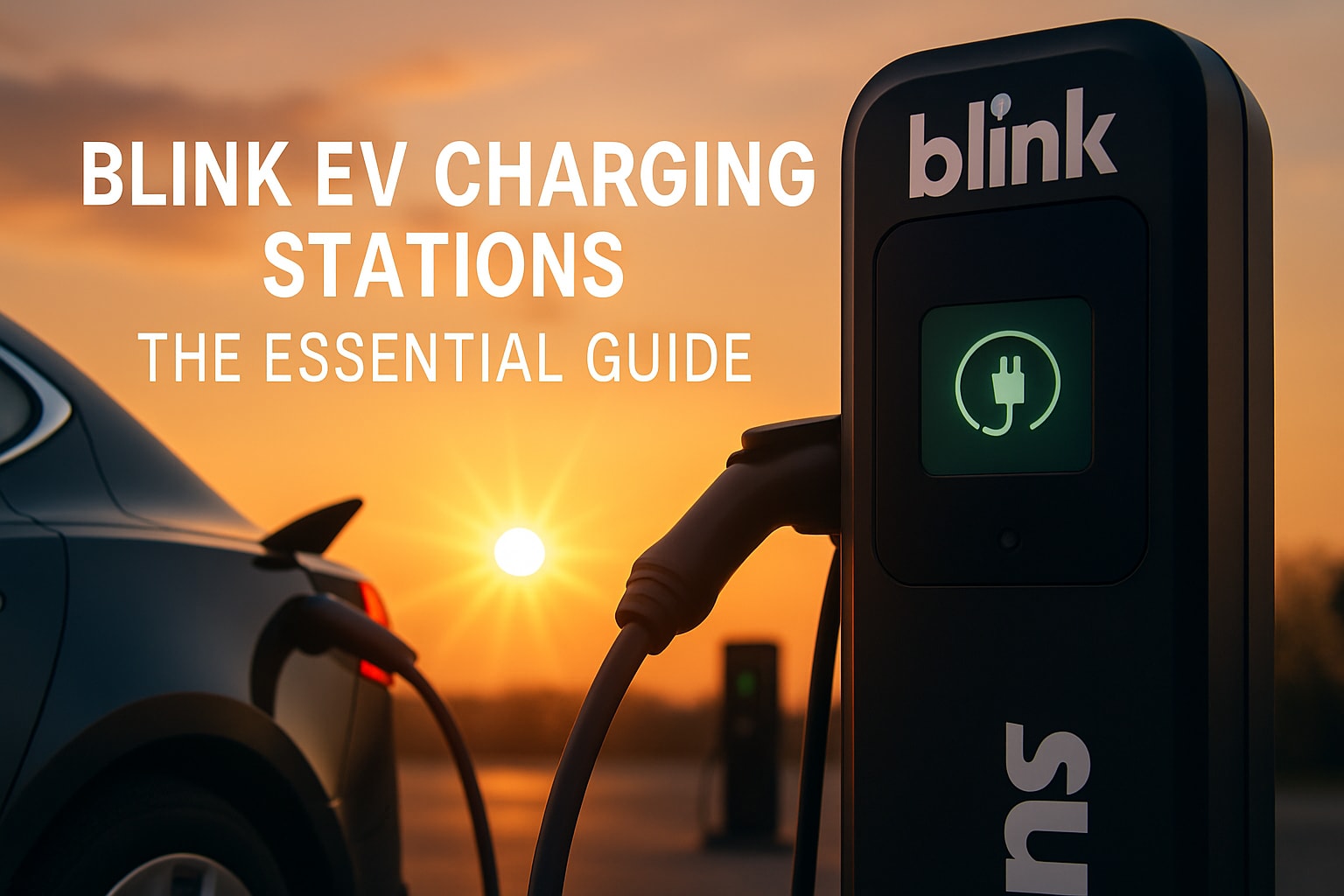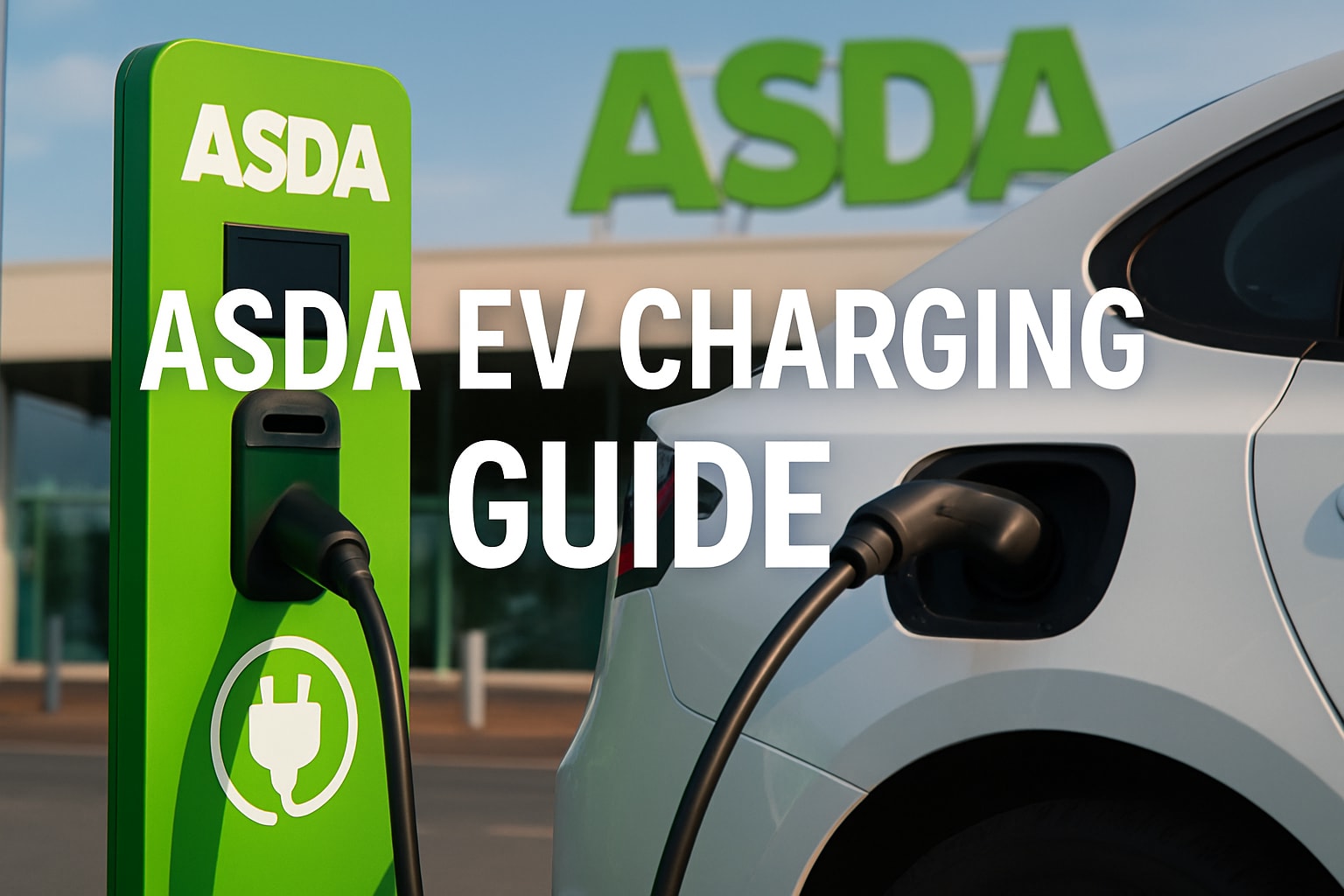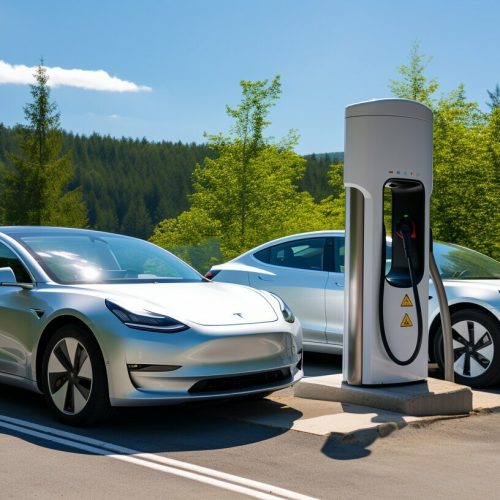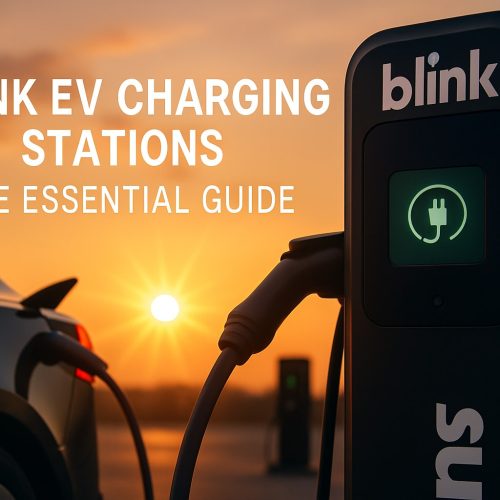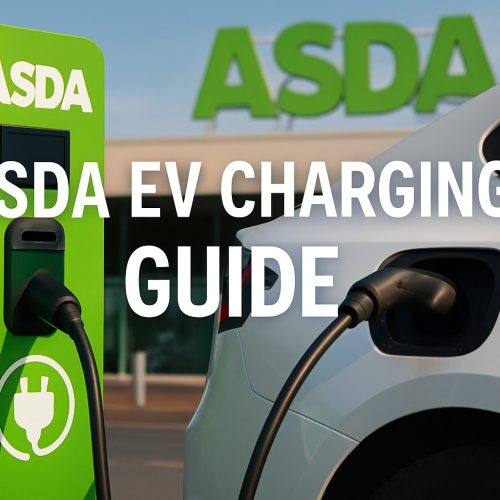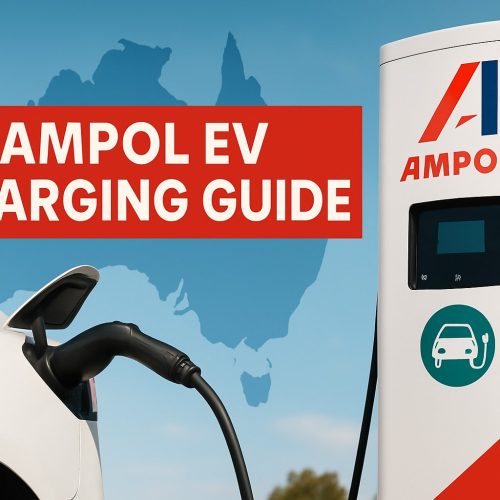Introduction
The electric vehicle (EV) industry is on the cusp of a groundbreaking revolution, thanks to a new aqueous battery technology that promises fast charging and enhanced safety. This blog post delves into the details of this innovative technology and its potential impact on the future of EVs. 🚗🔋
Aqueous Battery Technology: A Game-Changer
Traditional lithium-ion batteries have been the backbone of the EV industry, but they come with their own set of challenges, including safety risks and slow charging times. A new aqueous battery technology, developed using saltwater, promises to address these issues effectively. 🌊
Safety First: Preventing EV Fires
One of the most significant advantages of aqueous batteries is their ability to prevent electric vehicle fires, especially those triggered by natural disasters like floods and hurricanes. This is a crucial development, given that it takes between 3,000 to 8,000 gallons of water to extinguish a typical EV fire. 🚒
The Speed Factor: Charging in Just Three Minutes
Imagine being able to fully charge your electric vehicle in just three minutes. This is not science fiction; it’s the reality promised by aqueous battery technology. Such rapid charging times could revolutionize the EV industry, making electric cars more convenient than ever. ⚡
Durability and Reliability: Corrosion Resistance
Traditional batteries are susceptible to corrosion, especially when exposed to harsh environmental conditions. Aqueous batteries, on the other hand, are designed to resist corrosion, making them more durable and reliable in the long run. 🛡️
Nano-Engineering: The Science Behind the Technology
The aqueous battery employs nano-engineering techniques to enhance its performance significantly. This scientific approach has led to a battery that not only charges quickly but also maintains its efficiency over extended periods. 🛠️
Dual Cation Design: Overcoming Previous Limitations
Earlier battery designs faced issues like instability and dendritic growth, which affected their performance and safety. The new aqueous battery employs a dual cation design that overcomes these challenges, setting a new standard for battery technology. 🔄
Eco-Friendly: Utilizing Renewable Resources
One of the most appealing aspects of this technology is its eco-friendliness. Saltwater is a freely available renewable resource, making the aqueous battery a sustainable choice for the future. 🌿
Reducing Global Investment in Charging Stations
The advent of fast-charging aqueous batteries could significantly reduce the need for a global network of charging stations. This not only makes EVs more accessible but also lowers the overall cost of ownership. 💵
The Future Impact: A Greener, Safer Tomorrow
The aqueous battery technology has the potential to transform the EV industry, making electric cars not only more eco-friendly but also incredibly safe and convenient. As we move towards a greener future, innovations like these are not just welcome; they are essential. 🌍
Conclusion
The new aqueous battery technology represents a significant leap in the evolution of electric vehicles. With its promise of fast charging, enhanced safety, and eco-friendliness, this innovation brings us closer to a future where electric cars are the norm rather than the exception. Stay tuned for further developments in this exciting field. 🌟
